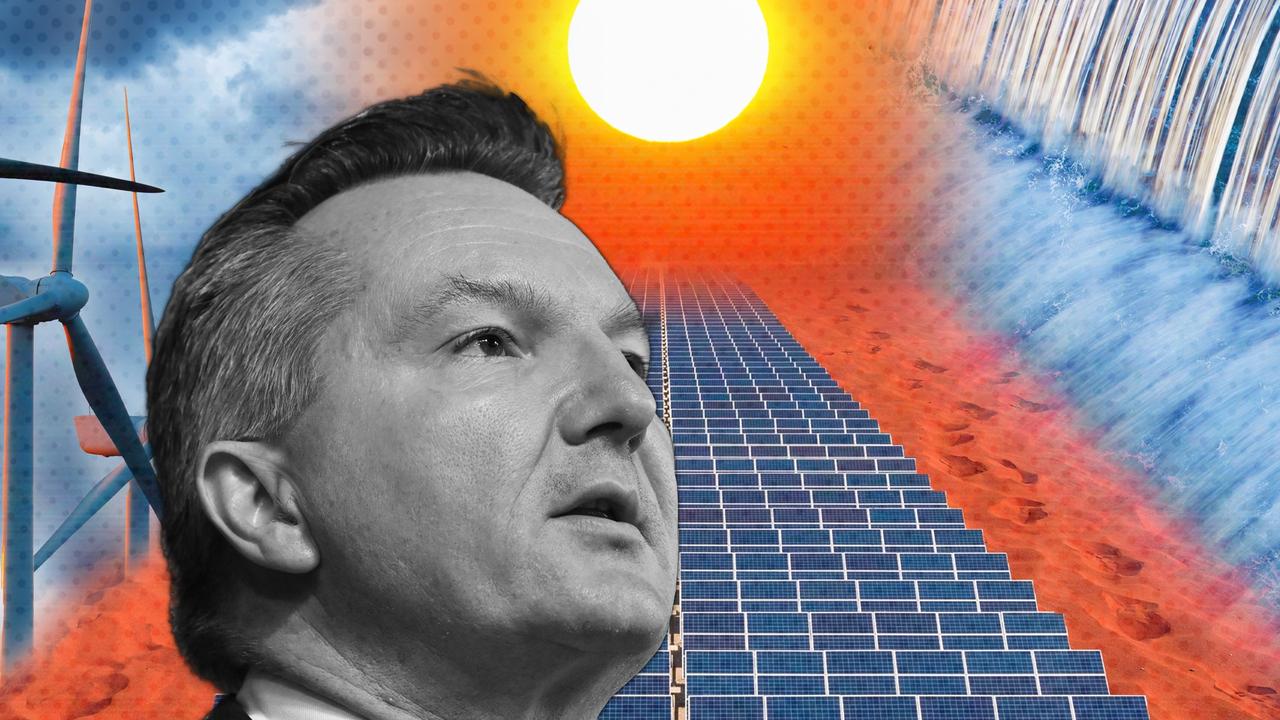Deery: Victorian MPs share in $1m pay rise as gov ditches projects, state runs out of money
MPs have secured themselves huge $200,000 base annual salaries leaving Victorians to question whether or not now is the time to be boosting the pay of the very people who got the state into this mess.
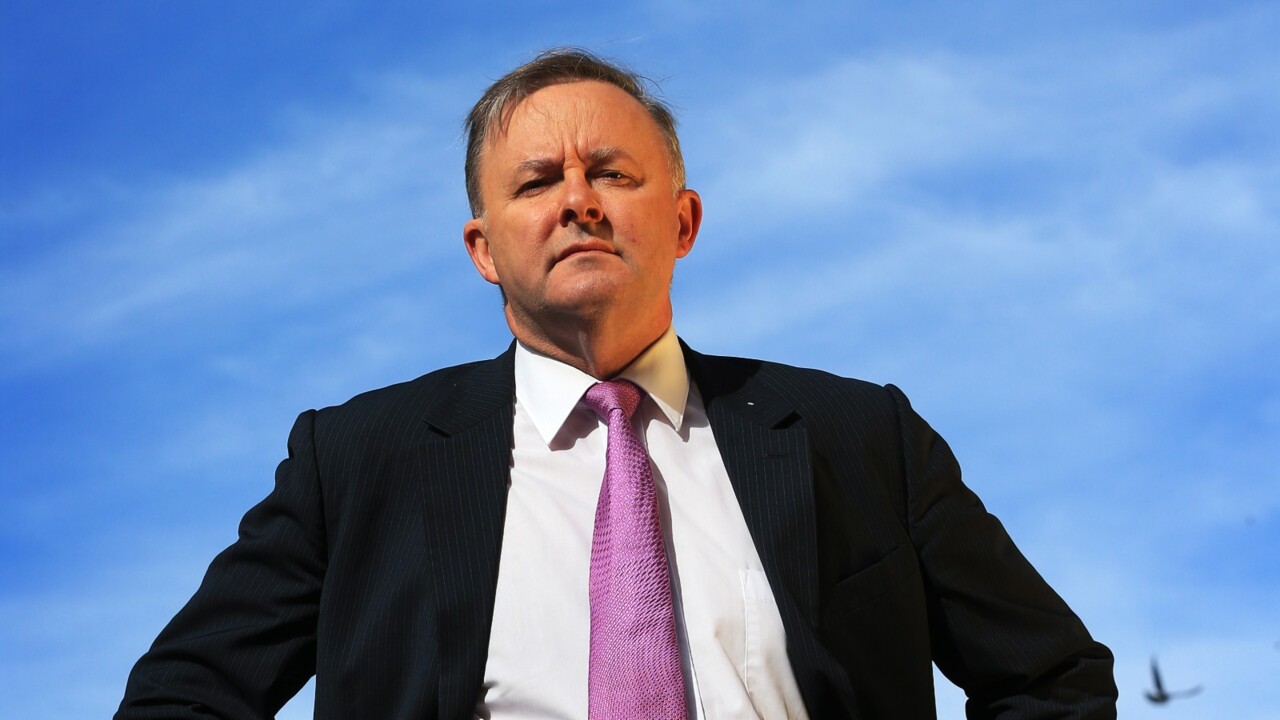
Opinion
Don't miss out on the headlines from Opinion. Followed categories will be added to My News.
Victorian MPs must be doing such a good job, they’ve all copped a pay rise.
Together they’ll share in more than $1m in pay rises and extra allowances.
The annual adjustment was expected to be announced last week, so you could cynically chalk up the delay to trying to keep a public backlash at bay.
On Monday the Victorian Independent Remuneration Tribunal announced a 3.5 per cent pay rise for all MPS.
That’s just shy of $7,000 for our 128 MPs — about $890,000 — bringing their base salary well above $200,000 for the first time.
Ministers and the Leader of the Opposition each get an additional $167,313 over the base salary, so they stand to earn another $5,000 on top of that.
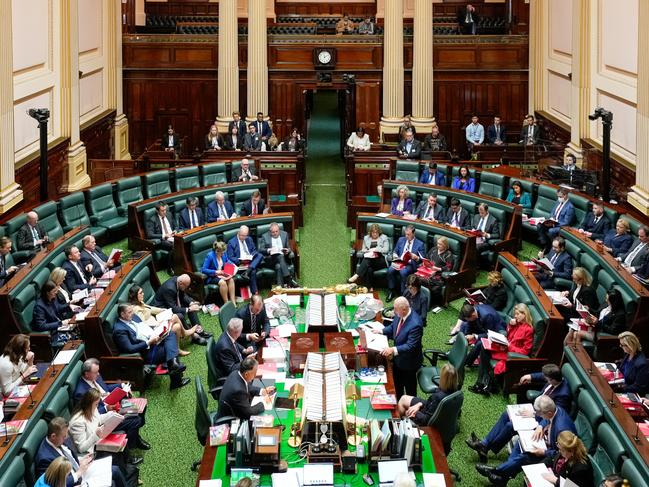
Then there’s the extra pay for a whole host of parliamentary positions while any adjustment would also apply to the bevy of allowances MPs can tap into.
All told, we’re looking at well above $1m for the 3.5 per cent adjustment were to come into play.
In determining the increase in wages for our finest representatives, the Victorian Independent Remuneration Tribunal must consider a range of factors.
They include current and projected economic conditions and trends and Victoria’s financial position and fiscal strategy.
It hardly needs repeating, but Victoria’s soaring debt level is hurtling down a one-way street, now tipped to hit $188bn by 2027-28.
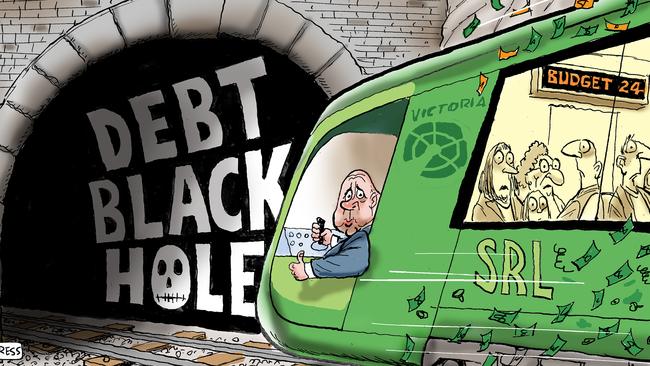
It will soon account for a quarter of the state’s total economy.
Between the 2023 and 2024 budgets the government added almost $47m to the state’s debt pile each and every day.
That’s almost $2m an hour every single day of the year.
And because of the government’s inability to tackle debt there have been inevitable and unavoidable consequences.
Like cutting funding to cancer research.
Or demanding hospitals wipe hundreds of millions of dollars from their budgets.
Several flagship election commitments have been shelved and policies stalled amid a budget sold as curbing debt and reining in spending.
They included scrapping the Arden medical precinct, delaying the Melbourne Airport rail, slowing mental health initiatives and putting a raft of community hospital initiatives under review.
The state’s first home buyers scheme was ditched and a trial of sick pay for casual workers was abandoned.
Overall infrastructure spending has been scaled back, from a peak of $24bn to $15.6bn by 2027-28.
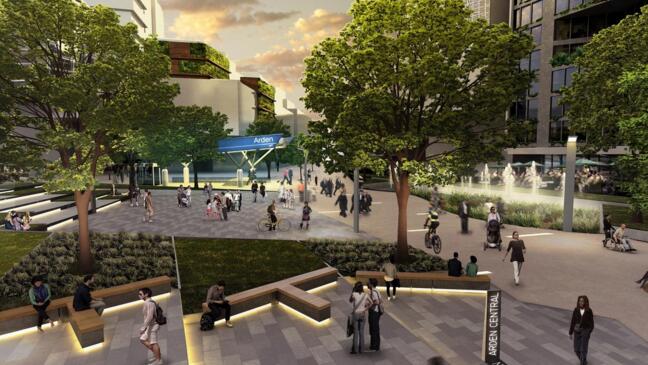
The government is, quite literally, running out of money.
And yet despite this, May’s budget showed us that government spending will continue to climb to an estimated $98.2bn over the next 12 months.
That’s $5.4bn more than forecast in last year’s budget.
So Victorians will rightfully question whether now is the time to be boosting the pay of the very people who got us into this mess.
If pay rises were performance based, would we be having this conversation?
In the real world, far removed from Spring St, more Victorians than ever are worrying about how to keep a roof over their heads or heat their homes.
Last week government plans to hike the cost of enacting the wills of loved ones by up to 650 per cent were revealed.
Under the government’s favoured model, the Supreme Court’s probate office will rake in more than 1000 per cent more in fees than it costs to operate.
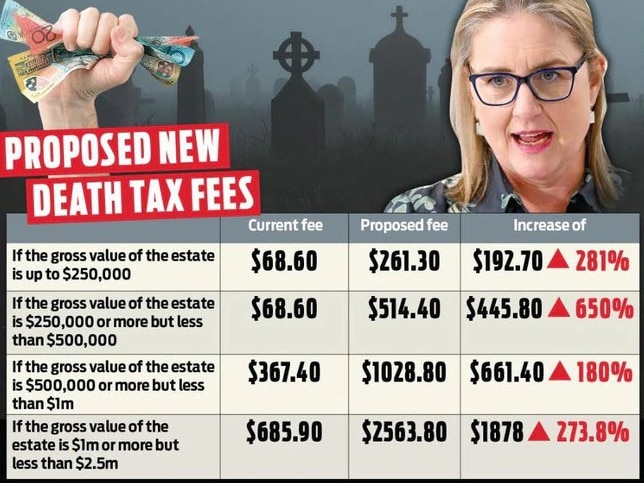
The cost of the office is already more than covered by the existing fee structure.
But grieving families will contribute an extra $33m the fee hike raises which will then be used to fund other activities of the court.
This after the government cut funding to Court Services Victoria over the next 12 months by almost $20m in last month’s budget.
Buried in the regulatory impact statement outlining the proposal is a comment that gives a good insight into the government’s current thinking.
“Since taxpayers do not necessarily share in the substantial private benefits that Supreme Court users may obtain from accessing the services of the Supreme Court, it is also appropriate that these parties make a direct contribution towards the cost of those services, through the payment of fees,” it says.
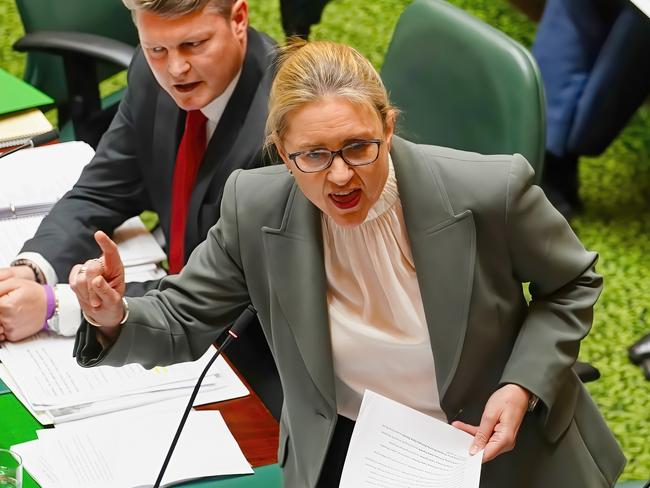
User pays, in other words.
Interesting, in the context of billions of dollars being spent on infrastructure projects many Victorians will never use.
Of course our taxes fund all manner of things we never use directly, but there is a broader benefit.
You’d think the adequate funding for the Supreme Court, fell squarely in the realm of key government responsibilities of which there is a benefit to all.
The government appears to be conceding that the court is indeed being underfunded, and some Victorians are being slugged more to address the shortfall.
One wonders where else the government might implement a greater user pays approach.
Or whether they really deserve a pay rise?
More Coverage
Originally published as Deery: Victorian MPs share in $1m pay rise as gov ditches projects, state runs out of money




